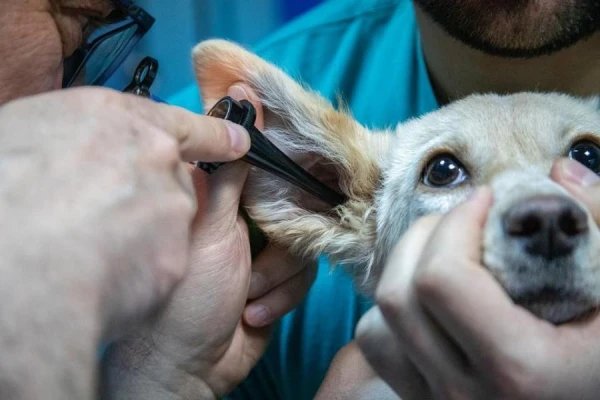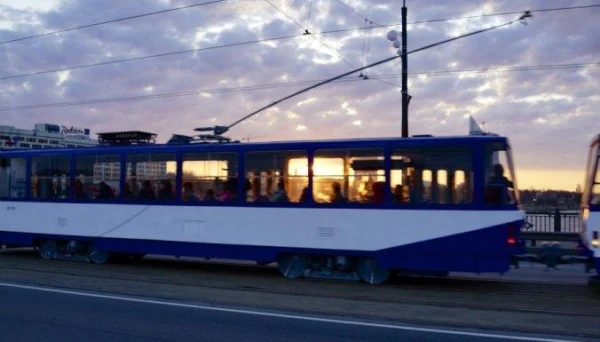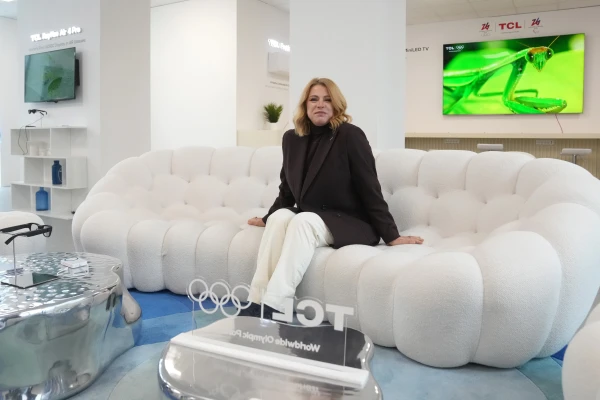
More than 1,200 patients with dementia, including Alzheimer's dementia, are treated annually at the Eastern Clinical University Hospital in Riga (ECUH).
Tested on Americans and Japanese
Neurologists at the Eastern Clinical University Hospital (ECUH) note that the diagnosis of "Alzheimer's disease" is increasingly being made for younger patients.
For example, at the Eastern Hospital, this diagnosis is often established for people aged 50 to 60, but there are even younger patients who have been diagnosed with this disease.
A patient who was prescribed innovative therapy to slow the progression of Alzheimer's disease at the neurology and neurosurgery clinic of the Eastern Hospital is a 68-year-old woman. The disease was diagnosed before she turned 65.
The patient had been under outpatient observation by a neurologist for a long time. As the disease progressed, she was referred to the neurology and neurosurgery clinic of the "Gailezers" hospital for further examination.
During discussions with the patient's family members, it was decided to try an innovative drug, and, as noted by the hospital, the active involvement of the family is considered a key factor in the successful treatment of the disease.
Clinical trials of these drugs have confirmed their high effectiveness, so they are already being prescribed to patients in the United States, Japan, and European countries.
Neurologist Anna Litavniece from the Eastern Hospital explains that this drug is currently considered one of the leading treatments in the world that helps preserve the patient's cognitive functions and "slow down" the rapid progression of Alzheimer's disease.
The Drug Exists, but There Is No Money
The first procedure for administering the drug to the 68-year-old patient took place in the neurology day hospital of the Eastern Hospital.
The medication needs to be administered to the patient every two weeks, with preliminary monitoring through magnetic resonance imaging and ensuring the patient's overall health is satisfactory each time before the procedure.
"Although the patient's relatives decided to cover the costs of purchasing the drug, which amount to about 25,000 euros per year, we understand that this is a very large sum and, unfortunately, not every patient who would need and benefit from such therapy can afford it," noted Litavniece.
The neurologist explains that Alzheimer's disease cannot be cured, but its progression can be slowed. The specific drug can maintain the patient's mental state at a level where they can take care of themselves independently.
"It can be difficult for loved ones to come to terms with the fact that their relative is no longer quite the person they once knew," the doctor explains. She notes that as the disease progresses, personality changes and memory loss occur, which is an extremely painful process for relatives.
It is recommended to consult doctors when a person begins to forget names or surnames, does not remember what they just did, and this happens several times throughout the day.
ECUH specialists note that the first to notice changes are usually those around, for example, when a loved one gets lost in a familiar place or when their personality changes, which is a very typical manifestation of Alzheimer's disease.















Leave a comment